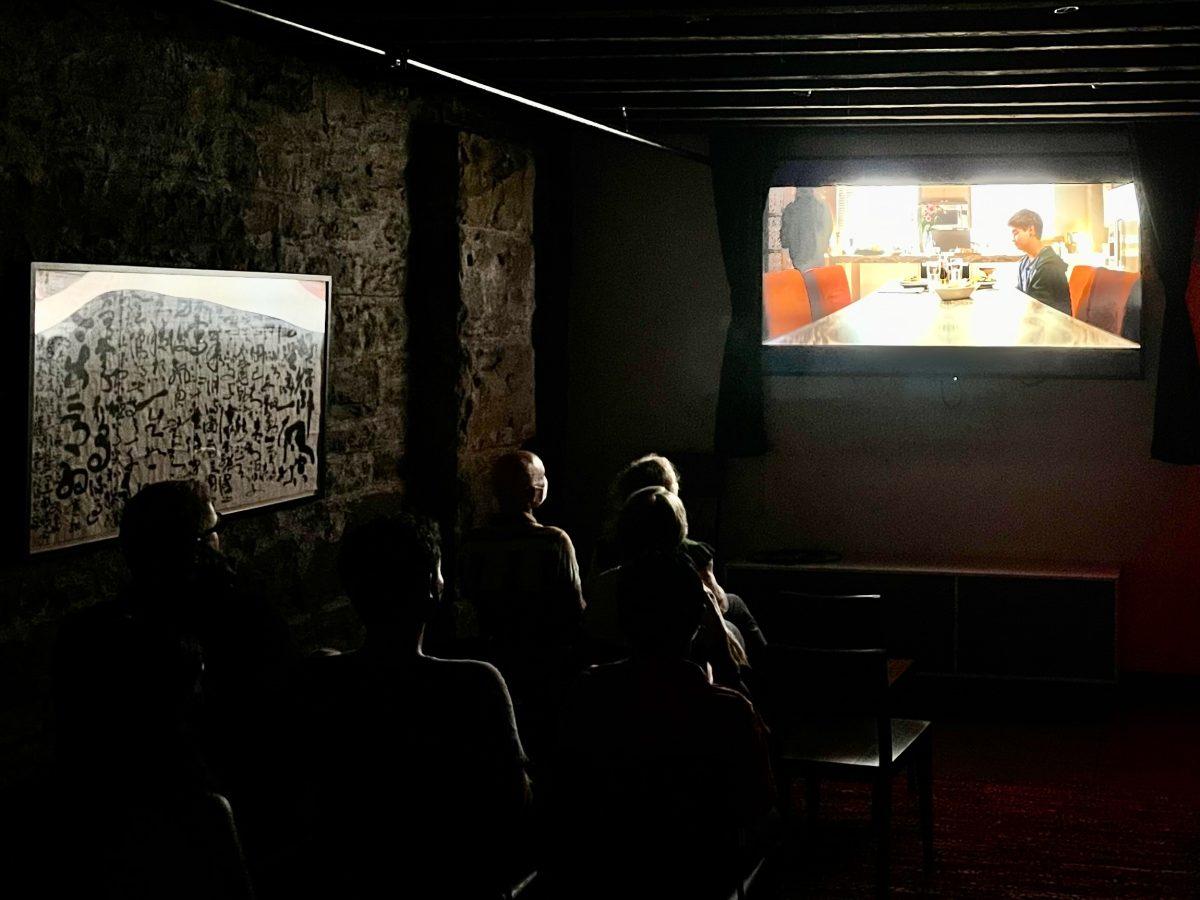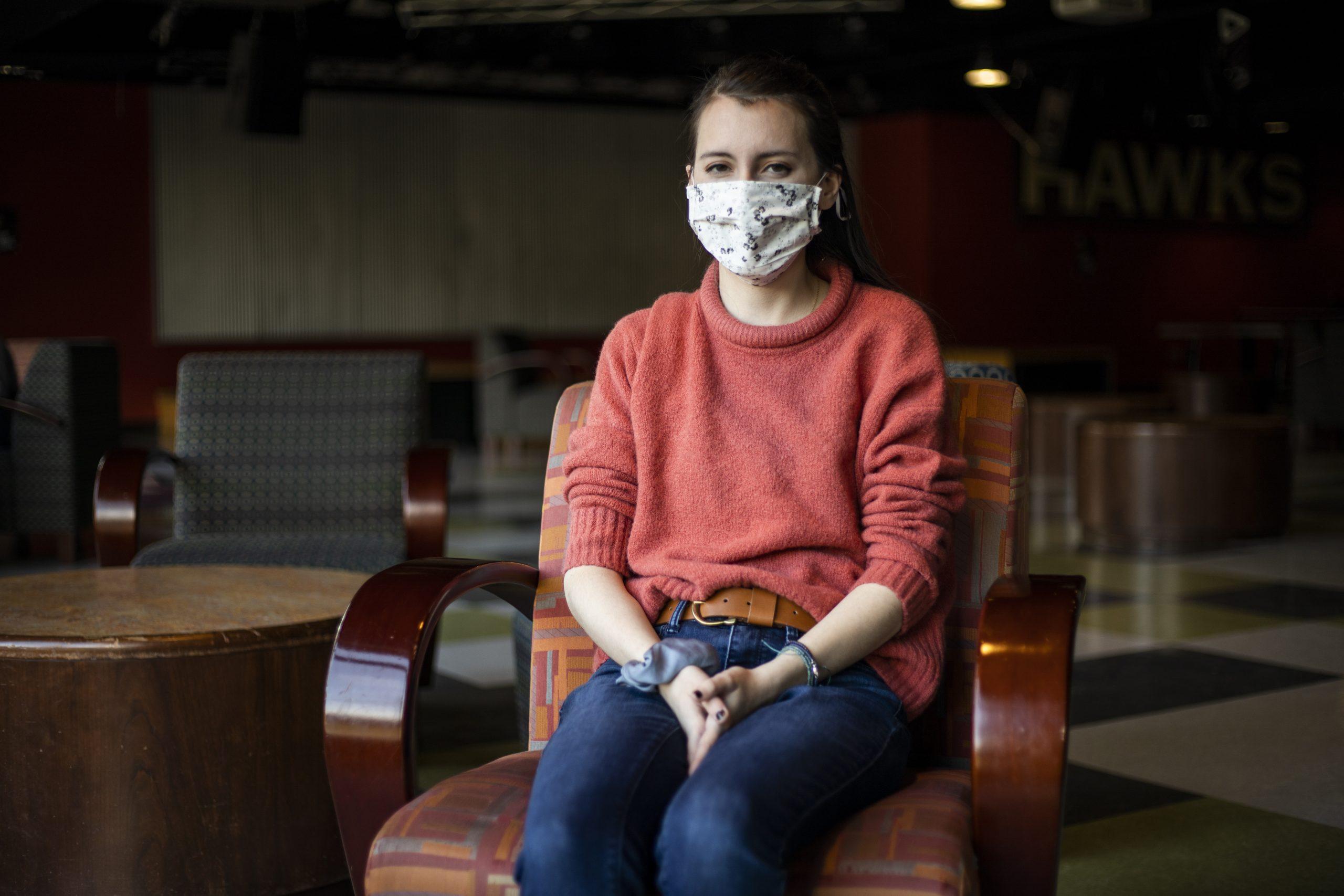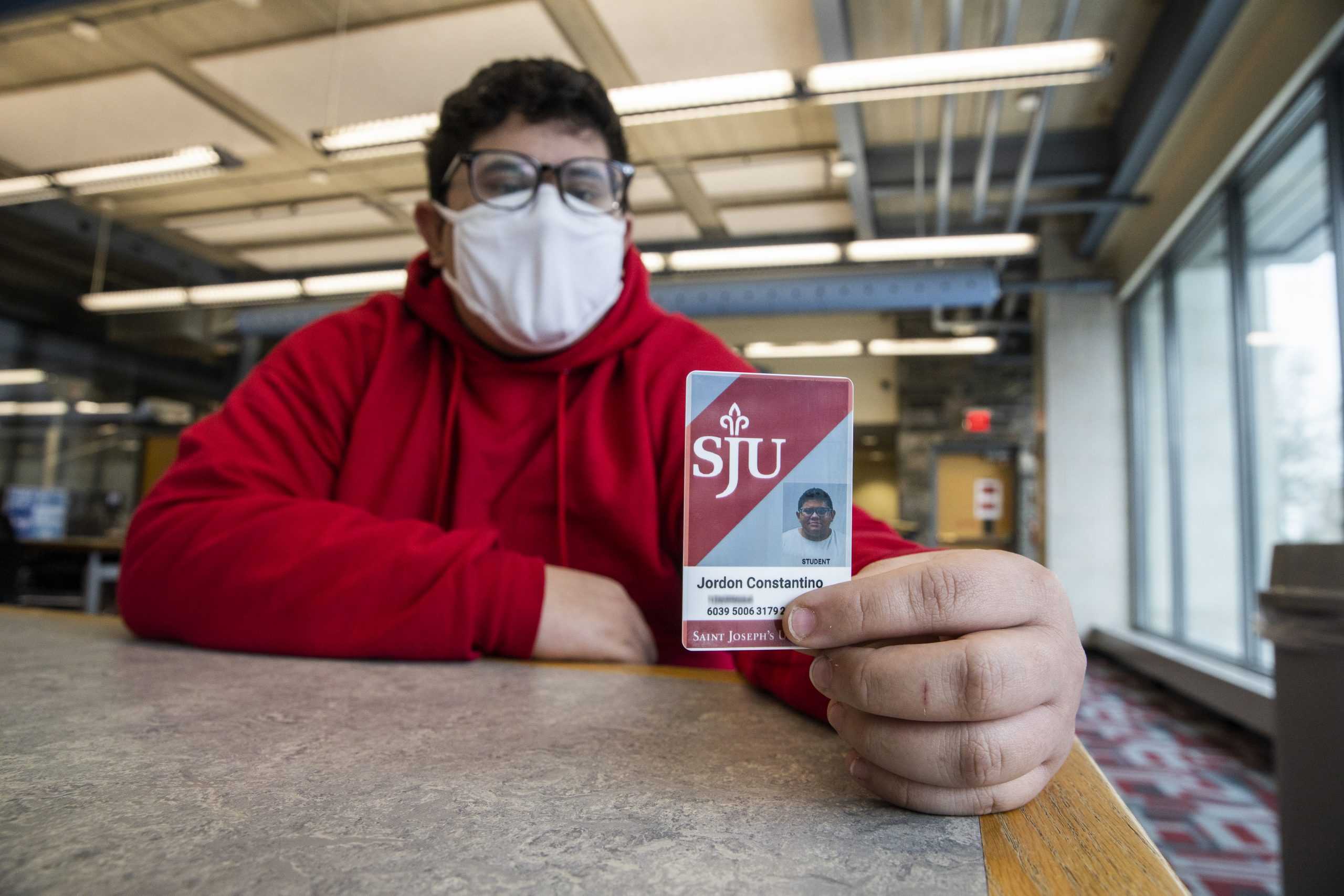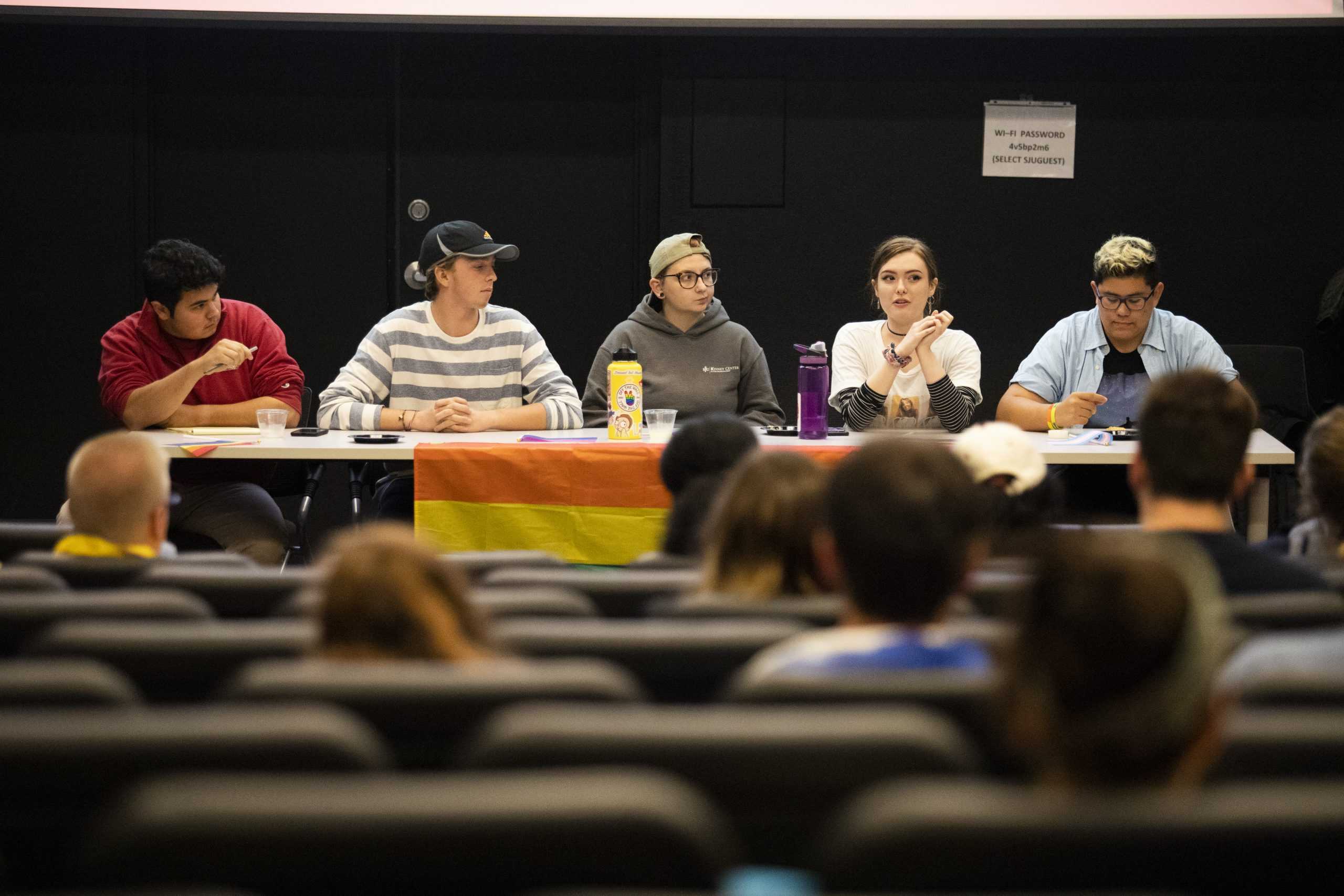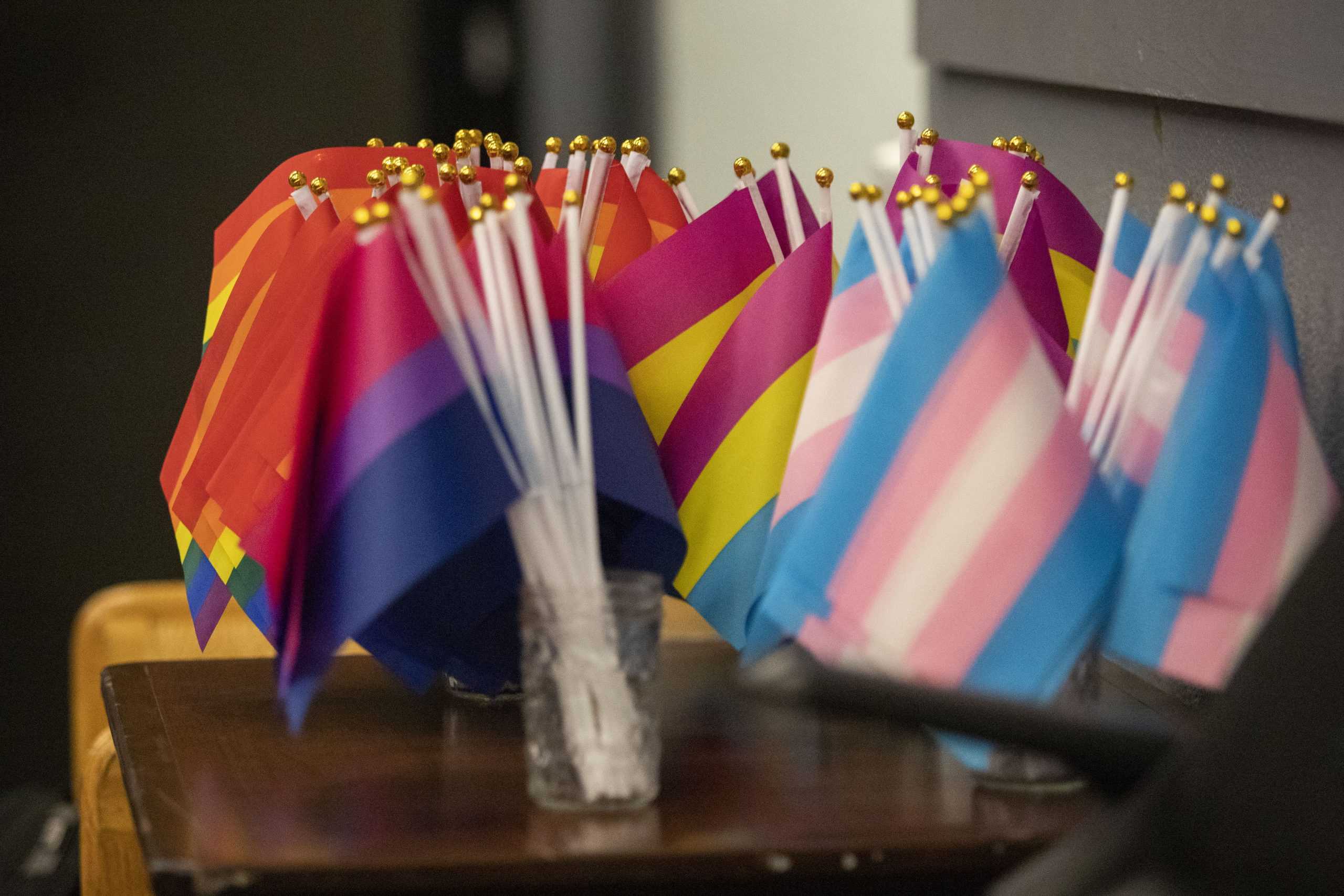LGBTQIA+ rights stand before the Supreme Court
The Supreme Court of the United States (SCOTUS) decided to hear three cases relating to LGBTQIA+ rights in the workplace. The cases currently being heard on this topic are Gerald Lynn Bostock v. Clayton County, Georgia; Altitude Express v. Melissa Zarda; and R.G. & G.R. Harris Funeral Homes v. Equal Employment Opportunity Commission.
For those who may not know, these cases deal with whether or not it is legal for someone to be fired from their job based on their sexual orientation and/or gender identity. Currently, there is no federal law explicitly stating whether or not this is legal.
Title VII of the Civil Rights Act (1964) only prevents workplace discrimination on the basis of sex, race, color, religion and national origin. What is currently being argued is if Title VII includes protections on the basis of gender identity and sexual orientation.
Here’s a quick rundown on the ABCs of LGBT: Sex refers to what someone is assigned at birth as based on their external anatomy. Gender identity refers to someone’s perception of themselves, something that may or may not align with the sex they were assigned at birth. Sexual orientation refers to someone who is emotionally, romantically or sexually attracted to.
There are currently only 21 states (as well as territories Guam, Puerto Rico and Washington D.C.) where it is explicitly prohibited to discriminate against someone because of their sexual orientation and/or gender identity. That means that more than half of the country allows for LGBT people to be discriminated against by employers.
There is no give or take compromise here. Simply give people their civil rights and be done with it.
The fact that someone’s right to carry is more protected than my right to marry is not only disappointing, but downright horrifying. Objects have more protection than certain human beings.

Many people thought civil rights for LGBT people were won in 2015 with the legalization of gay marriage. This was only the tip of the iceberg. A common phrase goes, “Married on Sunday, fired on Monday.”
There can never be enough legislation in favor of minority communities because we will always face oppression to some degree from the majority. We don’t have the numbers to protect ourselves, and that is why we should have the legislation on our side.
I understand that a counterargument to the right of LGBT employees to feel secure in the workplace is the religious freedom of others. But at what point should someone’s religious freedom be prioritized over my innate freedom to exist and not be discriminated against? Answer me that. I beg you to because I’ve been wondering that question for most of my life.
This issue hits closer to home than many realize. Last year, I heard f—–t come out of different straight guy’s mouths every day on this campus, and I’m not exaggerating. I think about my identity on this campus everyday: a queer man on Catholic grounds.
These cases before the SCOTUS mean so much more than being able to have a job. It is about finally being able to feel safe wherever I work. It is about being able to share your identity with others. It is about being able to breathe and not worry about what might happen to me when I’m working.
The only thing someone should have to worry about at work is if they’ll be able to show up on time and perform well. They shouldn’t have to worry about existing.
I spent the majority of my childhood honestly wishing I wasn’t different; wishing I was safe, rather than wishing to be happy. I am not alone. Being different in this country is something that gets people exiled, fired and/or killed. When I say different, I mean any identity that is different from a straight, white, cisgender male.
I’m only one category different than that and yet, I feel a suffocating amount of stress. I can’t even imagine what those who are entirely different from that standard go through on a daily level.
If no federal law is passed preventing workplace discrimination on the basis of gender identity or sexual orientation, then we are simply regressing back into a “don’t ask, don’t tell” society. It’s time we evolved past that kind of society and move towards a future in which equality encompasses the rights of all people.













































